| Zeitschrift Umělec 2004/3 >> Summer in the City, Random Collection | Übersicht aller Ausgaben | ||||||||||||
|
|||||||||||||
Summer in the City, Random CollectionZeitschrift Umělec 2004/301.03.2004 Lenka Vítková | info | en cs |
|||||||||||||
|
Martin Horák, Summer in the City
KW, Random Collection Šternberk City Gallery August 8 – September 3, 2004 Martin Horák, from Ostrava, lives in Olomouc, where he was a curator of exhibitions in Divadlo hudby (the local music theatre) and in streetcars (The Bezhlavý jezdec (headless horsemen) group, along with Ivan Vosecký, Pavel Brázda), now he works in a secondhand bookshop and is a conceptual artist. Igor Korpaczewski (a.k.a. KW), lives in Prague and is a figurative artist and recently also a musician who teaches at Prague’s Academy of Fine Arts. At the end of summer, Horák and Korpaczewski had their works presented together in the City Gallery in Šternberk, (a town in Northern Moravia with 15,000 people). The Šternberk City Gallery has a high-quality program and a lovely location that itself is the cause of the gallery’s insecure future. It’s wanted to be transformed into a beautiful apartment. The curator, Michal Kalhous, carefully counts the visitors into the gallery, for its provider. Martin Horák once said about his objects and collages that he creates them in an instant, as other people would, light a cigarette. He, instead, takes some object, or settles his gaze on it. Suddenly the thing surprises him, evokes a memory, and coalesces with something, which he has on his mind or somewhere around. On the walls of the gallery, Horák’s works were mixed with similarly unpretentious drawings and paintings. For the first time, KW exhibited only sketches, smaller paintings, drawings, and passing records. Some of them were or will be a starting point to a picture, but they looked completely unusual—as a map of contemplations, feelings and possibilities, which is not as obvious in the final pictures. Altogether it resembled a game with words and associations; if, for example, you say “night,” Korpaczewski would notice a lifeless body of a young god, and Horák would turn on a light bulb inside a plastic junk food box.
01.03.2004
Empfohlene Artikel
|
|||||||||||||
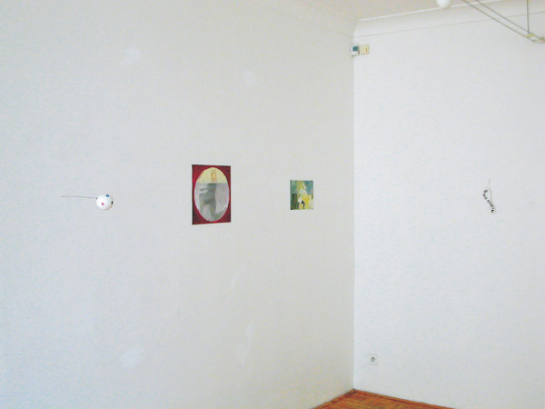
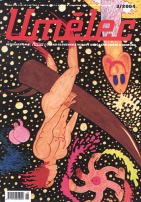


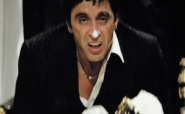
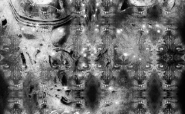
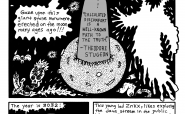
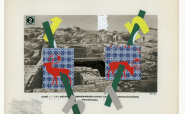
Kommentar
Der Artikel ist bisher nicht kommentiert wordenNeuen Kommentar einfügen